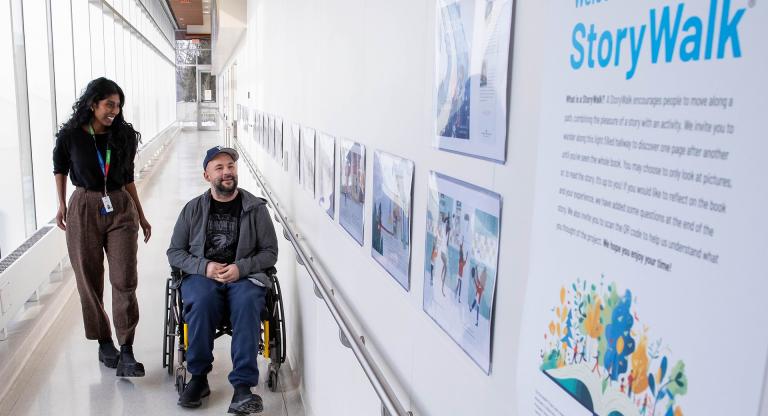Supporting women experiencing early pregnancy loss

The way women are treated when they are going through the anguish of a miscarriage or complications in early pregnancy often leaves them scared, distressed and lonely. For a significant number of women, their first stop when they experience abnormal symptoms in early pregnancy is an emergency room, a less than ideal setting for the circumstance.
What happens next is often inconsistent, depending on where they live. To help make this difficult area of care more responsive to the needs of women who are in the Emergency Department and who are at risk of pregnancy loss, Dr. Catherine Varner, a physician at Mount Sinai’s Schwartz/Reisman Emergency Centre and Researcher at SREMI, which is dedicated to optimizing emergency medicine, has focused her research on improving care for this group of patients.

“At Mount Sinai Hospital, patients who arrive in our Emergency Department have urgent follow-up with our incredible Early Pregnancy Clinic. Because of Mount Sinai’s expertise in, and commitment to women’s health, we are able to smoothly transition their care from the ED to a clinic visit often occurring the next day. Once they are under the care of the clinic, which is run under the leadership of gynaecologist Dr. Jackie Thomas, patients feel exceptionally well supported and grateful,” explains Dr. Varner. “The challenge is, less than half of Ontario hospitals have access to the kind of clinic that we have here, so we are looking at ways of how to increase access, and support for those women.”
To that end, Dr. Varner and Dr. Thomas have been co-chairs for developing the Quality Standards for Early Pregnancy Loss for Health Quality Ontario, in an effort to elevate the standards of care across the province. Also as part of their research in this area, 30 women who had gone through early pregnancy distress recently participated in interviews about what their experience was, and how to improve the process.
October is Pregnancy and Infant Loss Awareness Month. “Pregnancy loss is often shrouded in secrecy and shame, and I think that it's important to speak out about its impact and how we can provide better care for women going through it,” says Dr. Varner.












